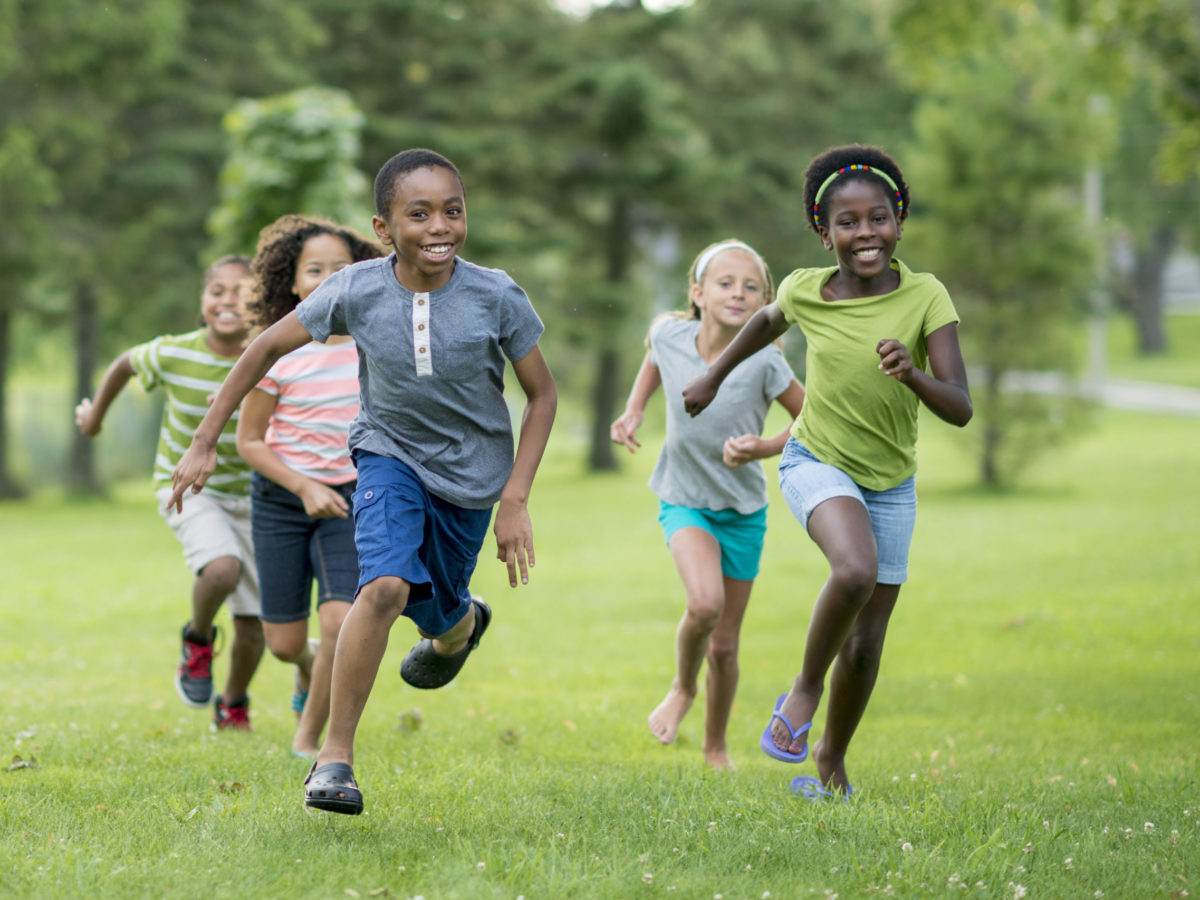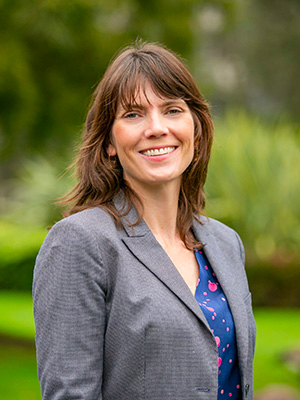
Schools are arguably one the most effective places to address population health, including the physical and mental health needs of students, teachers, and school staff.
The school environment is an important area of focus, and one that can hold the keys to effectively mitigating the effects of childhood trauma.
Traumatic events (sometimes called adverse childhood experiences or ACEs) include abuse, neglect, or household dysfunction, and affect a child’s ability to flourish and function into adulthood. And ACES are a fact of life for many: 64% of children across socioeconomic groups experience at least one ACE before the age of 18, and 13% experience 4 or more ACEs. In addition, individuals and communities that experience discrimination in any form are disproportionately affected by trauma.
A new study in JAMA Pediatrics found that positive childhood experiences, including the existence of nurturing relationships with adults, can promote resilience and help children flourish despite adversities. For school-aged children, teachers and school employees often fill the role of a primary caring adult in a child’s life and can make a real difference in building resilient environments to help kids thrive.
But teachers have their own social and emotional needs and working in very stressful environments can lead to burnout. Research has shown that over 41% of teachers leave the profession within 5 years of starting.
In seeking new solutions to these challenges, Kaiser Permanente’s Thriving Schools is expanding a national initiative to help support students, teachers, and school employees to build social and emotional well-being in school settings. Resilience in School Environments, or RISE, empowers schools to create safe and supportive learning environments by cultivating practices that strengthen the social and emotional health of all students and staff. Currently more than 600 schools are engaged with RISE in some way, and we are aiming to reach 25,000 schools by 2023.
RISE works with school staff, teachers, districts, and the community to better understand the underlying factors of stress in schools and to develop strategies and practices that foster more positive school environments. Schools and districts start by completing an assessment, called the RISE Index, that helps build a school (or district) action plan. Onsite and virtual resources are available to help in areas such as reshaping disciplinary practices, fostering stronger relationships between students and caring adults, creating calming spaces for school employees and kids, and linking students to needed mental health services.
Working with districts and schools around the country, we know that these resources are desperately needed. We hear from teachers that more kids are having a tough time regulating emotions, dealing with conflict, and solving problems on their own. So, teachers are being asked to help them learn while also helping them build critical life skills to help them be more resilient in the face of trauma and stress.
This reality was illuminated for me last month when I moderated a panel at the Institute for Health Policy’s forum on building childhood resilience. The forum was held in conjunction with the National Center for School Mental Health’s annual conference and drew leaders from the early childhood and school sectors nationwide who support the mental health needs of the children in their care. The panel brought together a variety of perspectives from early childhood and school-based settings to discuss ideas and solutions to address the effects of childhood trauma across the continuum of childhood settings.
The panel made it clear that we need to focus not only on engaging stakeholders across sectors to break down silos between education and health, but that we also need to address the needs of children across the systems that serve them. Moreover, the appetite for this work among participants was clear, as reinforced by the early momentum we’re experiencing with RISE.
We’ve also already seen positive benefits of the RISE initiative in a small number of schools as part of a pilot program in California, Colorado, and Georgia. In order to bring these benefits to more students and schools across the country, we are partnering with the Alliance for a Healthier Generation and Discovery Education to launch an enriched offering that can quickly expand our on-site and virtual learning platforms.
Kaiser Permanente’s focus on schools is an important part of our commitment to total health, mind, body, and spirit. As a health care provider, we want to build healthier communities to improve conditions for health and equity by engaging our members and partnering with our communities. We are continuing to seek partners and collaborate with the educational community to find more and better solutions to address health in schools. We want to use our presence and reach to help school employees and students have more happy, healthy years.
